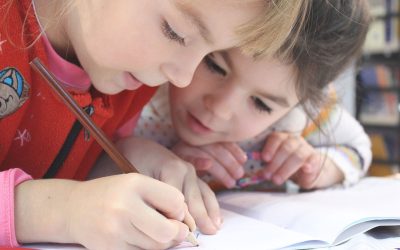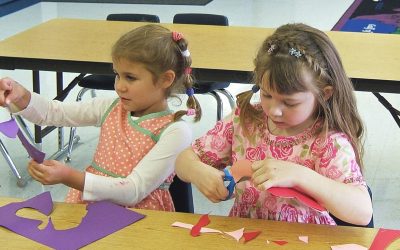It makes sense to “find the right educational fit” for your child. But what does that entail?
Finding a well-targeted way forward means matching learning opportunities to an individual’s level of readiness and ability on a subject-by-subject basis.
Sometimes parents perceive a mismatch between their child’s learning needs, and the various educational experiences being provided. Learning opportunities or program offerings may require adjustment. This might involve various changes over time, and perhaps even a re-evaluation and restructuring of the educational landscape. Determining a suitable “fit” between a child and the educational system requires planning, time, solid information-gathering, effort, collaboration, a positive attitude, and thoughtful decision-making on the part of many people.
Parents may worry or wonder how to navigate the school system when dealing with one issue, or two, or several—any of which might be seemingly complex. Moreover, there could be questions and concerns about assessment methods; priorities; individual developmental differences; school–based programs, practices, and policies; and advocacy channels. That’s a lot to ponder!
CALL TO ACTION! (STEPS TO TAKE)
Here are ten “fitting” suggestions parents can consider—any time of year—to help children overcome difficulties, engage in meaningful activities, and maximize their learning.
- RESOURCES: Acquire resources from multiple and reliable sources. Use this information when planning learning options. (Be wary of misinformation.)
- OPTIONS: Become familiar with different kinds of learning opportunities and environments. For example, in the arts, technology, or sciences. Don’t disregard unconventional possibilities.
- INTERESTS AND ABILITIES: Stay attuned to your child’s passions and emerging skillsets over time, and as they mature in cognitive, social, emotional, physical, and other areas of development.
- FAMILY MATTERS: Be mindful of what matters for each person within your family circle—such as their priorities, curiosities, and concerns.
- CONNECTIONS: Network productively with others at school, in the community, and beyond to gain insights and recommendations for learning possibilities.
- RESPONSES: Be flexibly responsive to ideas conveyed by teachers and other professionals.
- ACCOUNTABILITY: Help your child take responsibility for their learning—including their effort and involvement. Reinforce their agency and accomplishments.
- RECORDS: Keep a record of your family’s diverse learning activities outside of school. (Be open to possibly extending these over time.)
- ADVOCACY: Become knowledgeable about effective advocacy processes—and help your child understand the nature and power of self-advocacy.
- THE JOURNEY: Keep in mind that learning evolves with time, encouragement, and opportunities. There’s no predetermined path for any one child.
LAST WORDS
“Children display their learning progress and the richness of their individual growth experiences in different ways, many of them not at school.”
~ Being Smart about Gifted Learning, p. 131
Each child has their own unique learning needs and preferences. Nurturing efforts should rest upon solid understandings of child development, open communication, availability, love, and acceptance. And, most importantly, and unconditionally—an attitude that conveys respect for the intellectual, creative, and other domain-specific abilities and individual intricacies of the child, and all that they may come to be.








